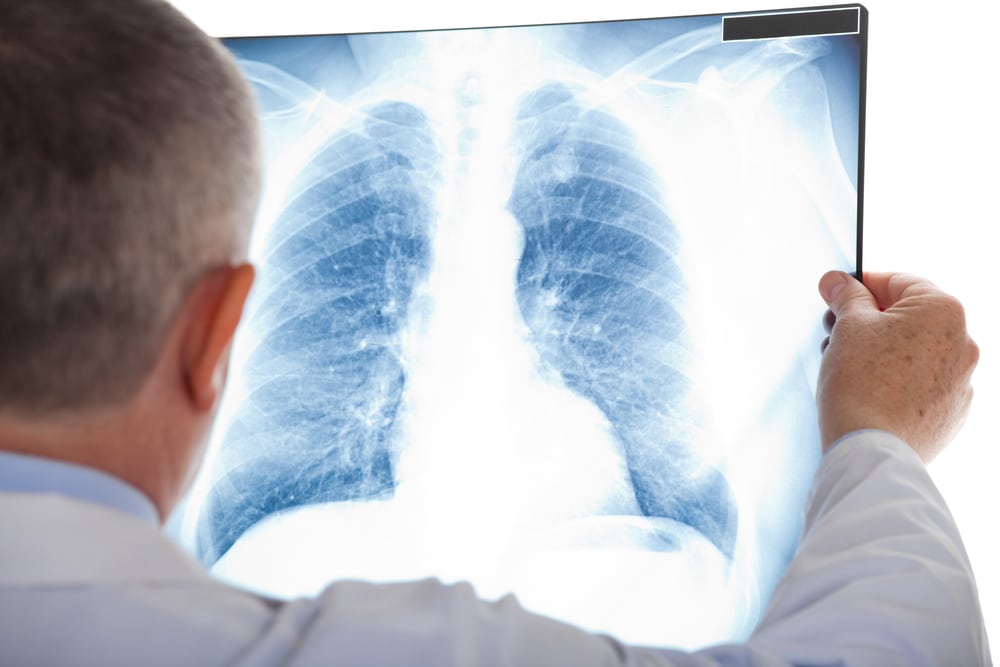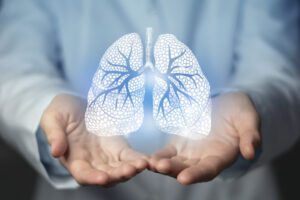What is pulmonary fibrosis and why should you be aware of it? Plus, a look at pulmonary fibrosis treatment options and more.
What Is Pulmonary Fibrosis?
Pulmonary fibrosis is a lung disease. It usually happens when the tissues in the lungs become damaged and scarred.
The lung tissues, when damaged, get thicker and stiff. This then makes it harder for your lungs to work as they would normally. Shortness of breath is one of the most common signs that the pulmonary fibrosis has worsened.
Symptoms of Pulmonary Fibrosis
More common symptoms of pulmonary fibrosis may include a dry cough, aching muscles and joints, unexplained fatigue, sudden weight loss, widening and rounding of the tips of the fingers or toes. This is sometimes referred to as clubbing too.
Causes
There are a lot of factors that may cause pulmonary fibrosis. These include long-term exposure to different toxins and pollutants that are harmful to the lungs such as coal dust, asbestos fibers, grain dust, hard metal dust, and silica dust.
It can also be caused by radiation treatments, certain medications such as chemotherapy drugs, antibiotics, heart medications, and anti-inflammatory drugs. Certain medical conditions may also cause pulmonary fibrosis such as polymyositis, dermatomyositis, rheumatoid arthritis, pneumonia, systemic lupus erythematosus, sarcoidosis, scleroderma, and gastroesophageal reflux disease or GERD. Most of the time, it can be difficult for doctors to determine what the cause is for Pulmonary Fibrosis.
Pulmonary Fibrosis Treatment Options
Every patient diagnosed with pulmonary fibrosis has a different experience with the disease. Because of this, there is no standard treatment course. There are patients who are fortunate enough to remain in stable condition for a long time. However, there are also others who may experience a rapid progression of symptoms.
There are several ways for doctors to treat the illness. These include using a number of different medications, non-medical treatments and oxygen therapy. For worse-case situations, a lung transplantation may be necessary.
Doctors may also recommend several symptom management therapies to help the patient live with pulmonary fibrosis better.








